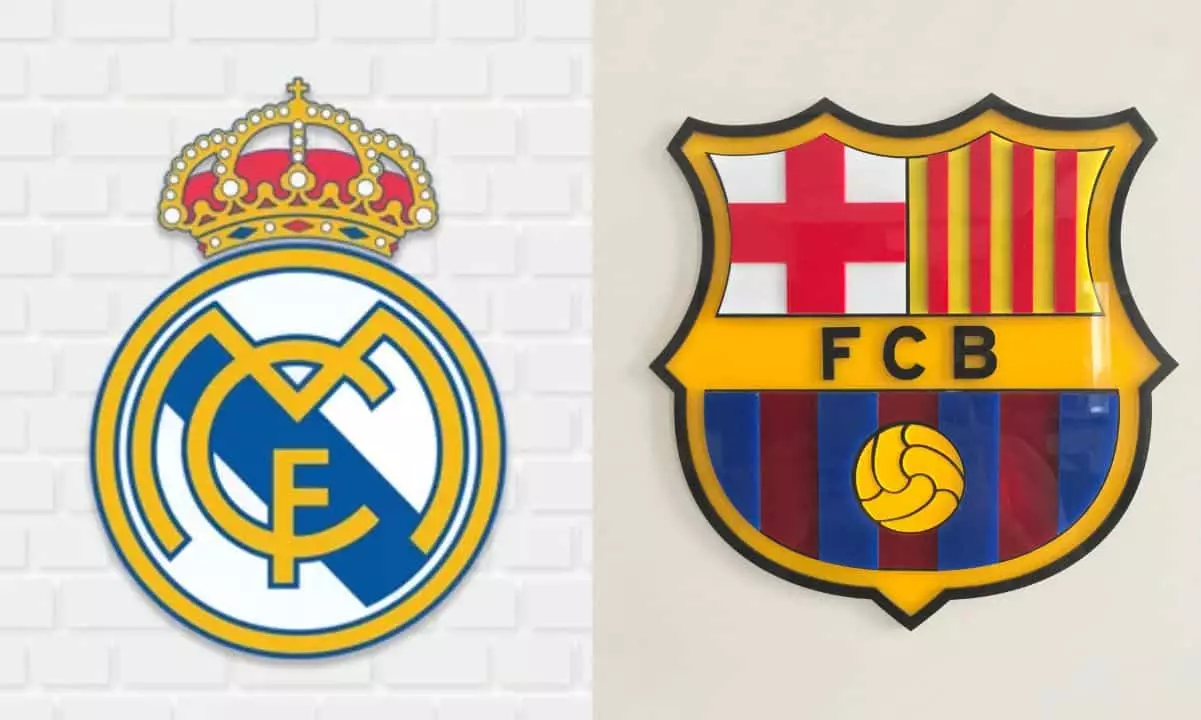The cryptocurrency market is a complex ecosystem that encompasses a plethora of legitimate innovations alongside an alarming number of fraudulent schemes. As interest in digital currencies continues to swell, so too do the risks associated with investing in unregulated spaces. One particularly egregious scam, known as Omegapro, has spotlighted the vulnerability of unsuspecting investors. This elaborate scam reportedly siphoned off nearly €3 billion, misleading its victims with the allure of celebrity endorsements and quick financial returns.
The allure of cryptocurrencies often hinges on the promise of significant returns in short time frames. Omegapro capitalized on this notion, employing famous football players to enhance its reputation. Icons such as Kaká, Luis Figo, and Ronaldinho played a crucial role as promoters, effectively lending their credibility to an otherwise dubious scheme. Many investors, drawn in by the names and images of these sports legends, were led to believe that the project was legitimate. This phenomenon reveals a disturbing trend in which celebrity endorsements can overshadow the need for due diligence.
One victim, Dolores, who invested her life savings, noted her disbelief at the potential of a scam given the involvement of renowned athletes. “How was it supposed to be a scam? If even the footballers were involved and the company’s logo was projected on the skyscraper in Dubai!” she lamented. Her experience underscores how easily trust can be misplaced when swayed by the glamour associated with celebrity figures.
The timing of the Omegapro scandal is critical for understanding its implications. Launched in 2022, the pyramid scheme enticed a global audience, utilizing high-profile promotions to mask its fraudulent intent. Reports from El Diario, a respected Spanish digital newspaper, illustrated a classic Ponzi scheme, where returns for existing investors were funded by the investments of new participants. The scenario is all too familiar in the world of investment fraud, where the allure of quick gains ultimately leads to financial ruin.
What adds to the scandal’s intrigue is the revelation that three of Omegapro’s executives have already been incarcerated, with two still evading capture. This raises significant questions about the regulatory framework surrounding cryptocurrencies and the accountability of those who operate within it. Despite early warnings, including its classification as a non-transparent financial entity by the Spanish Securities Market Commission two years prior, Omegapro thrived until it collapsed under the weight of its own deceit.
The Broader Implications on Celebrity Accountability
The involvement of well-known athletes illuminates a critical issue: the need for greater accountability among public figures when endorsing financial products. The case of Ronaldinho, previously embroiled in controversies involving another dubious cryptocurrency initiative known as “18kRonaldinho,” unearths the grim reality of how celebrity endorsements can be misaligned with ethical responsibilities. His distancing from the project raises questions about the extent of due diligence undertaken by celebrities before associating with financial ventures.
Just like in the Omegapro case, misrepresentation of involvement can contribute to a significant erosion of investor trust. Financial literacy becomes paramount, as investors must critically analyze claims, particularly when they appear to come backed by famous personalities. It isn’t just the responsibility of the individuals to check the legitimacy of these ventures; regulatory bodies also must step up their oversight to prevent such exploitative practices.
The Omegapro scandal serves as a cautionary tale for investors considering participation in high-risk ventures, particularly in unregulated markets such as cryptocurrency. As the allure for quick wealth persists, so does the need for increased awareness and education.
Both investors and celebrities must navigate this landscape with vigilance to mitigate risks. Investors should arm themselves with knowledge and skepticism, while celebrities must recognize the potential ramifications of their endorsements—not only for their own reputations but for the financial security of their followers.
The cryptocurrency sector’s evolution necessitates a robust dialogue about accountability and transparency, yielding a safer environment for both investors and endorsers alike. The lessons learned from the Omegapro fiasco could galvanize changes that might ultimately pave the way for more responsible behaviors in the complex and often treacherous terrain of digital finance.















